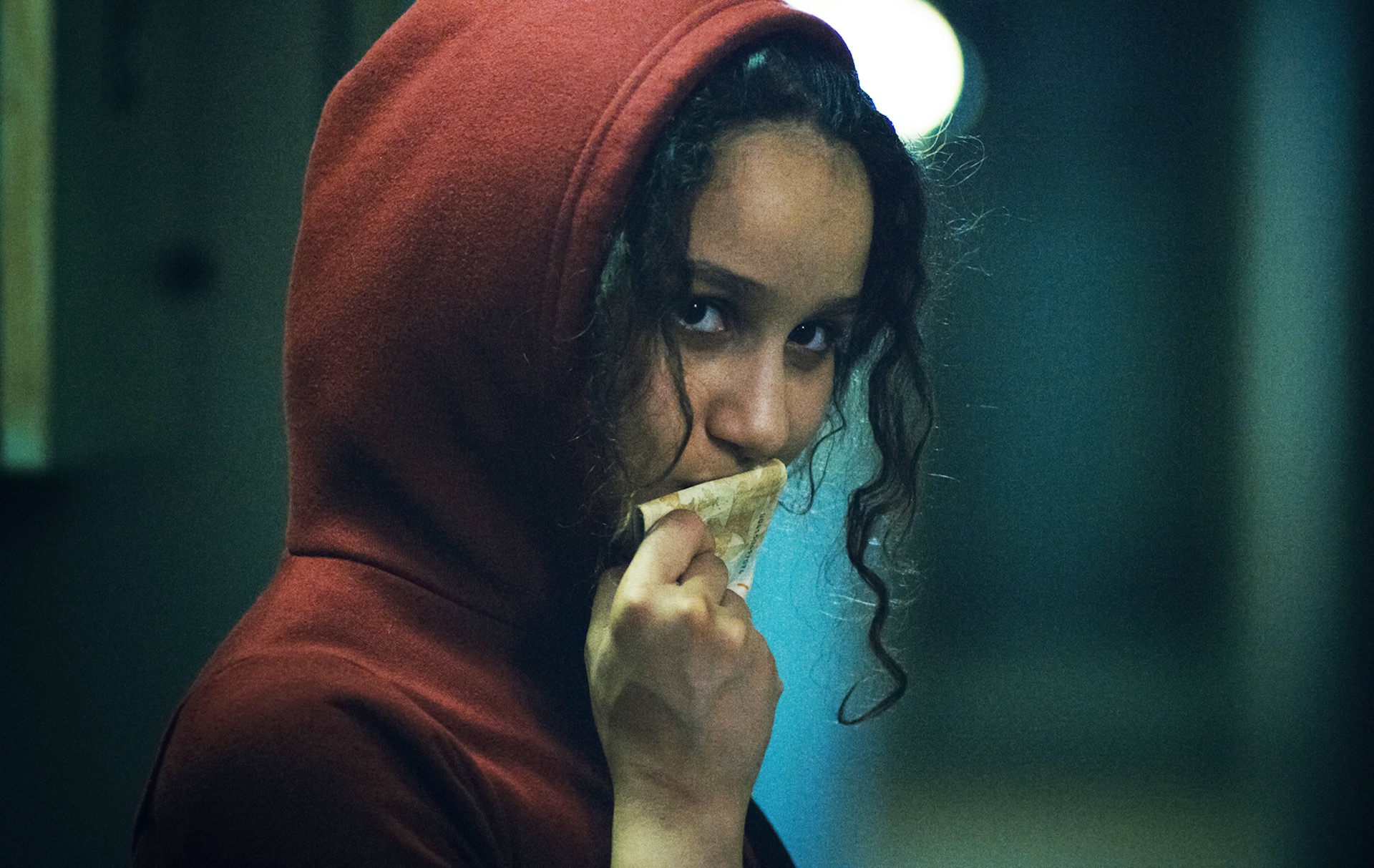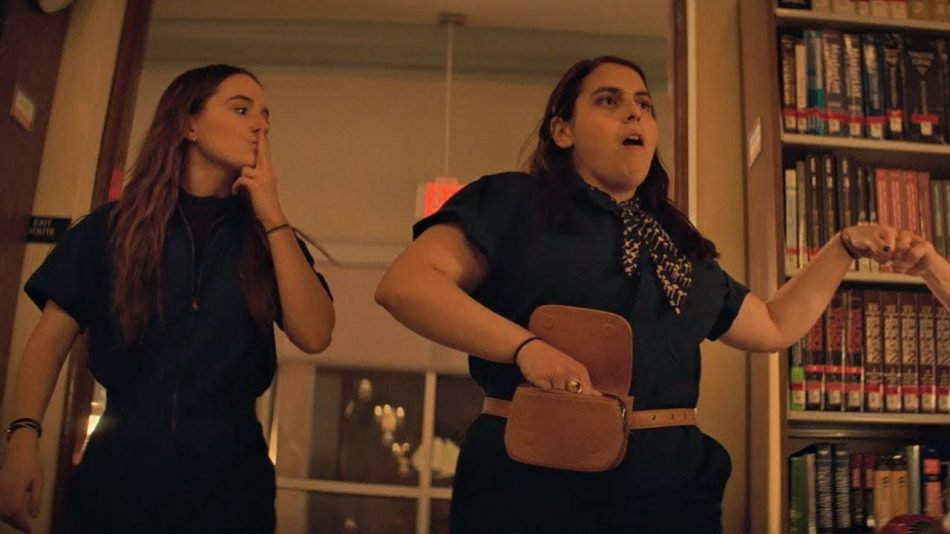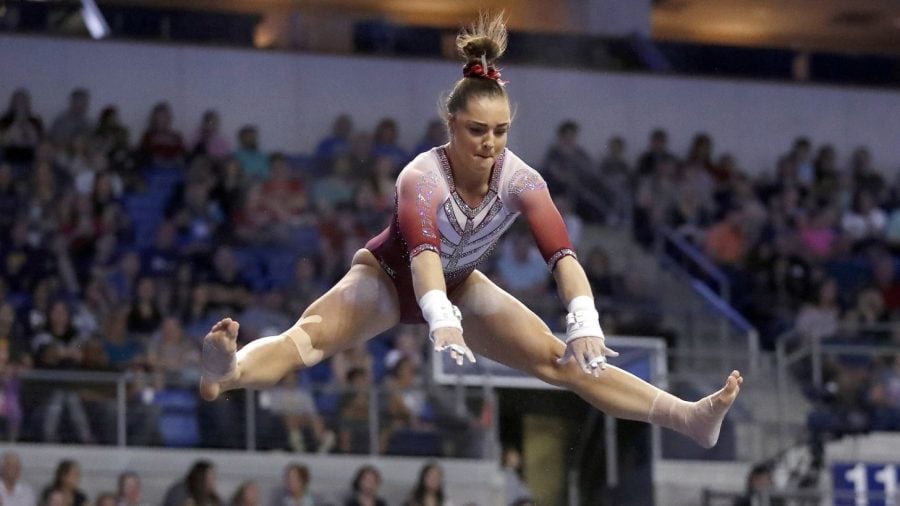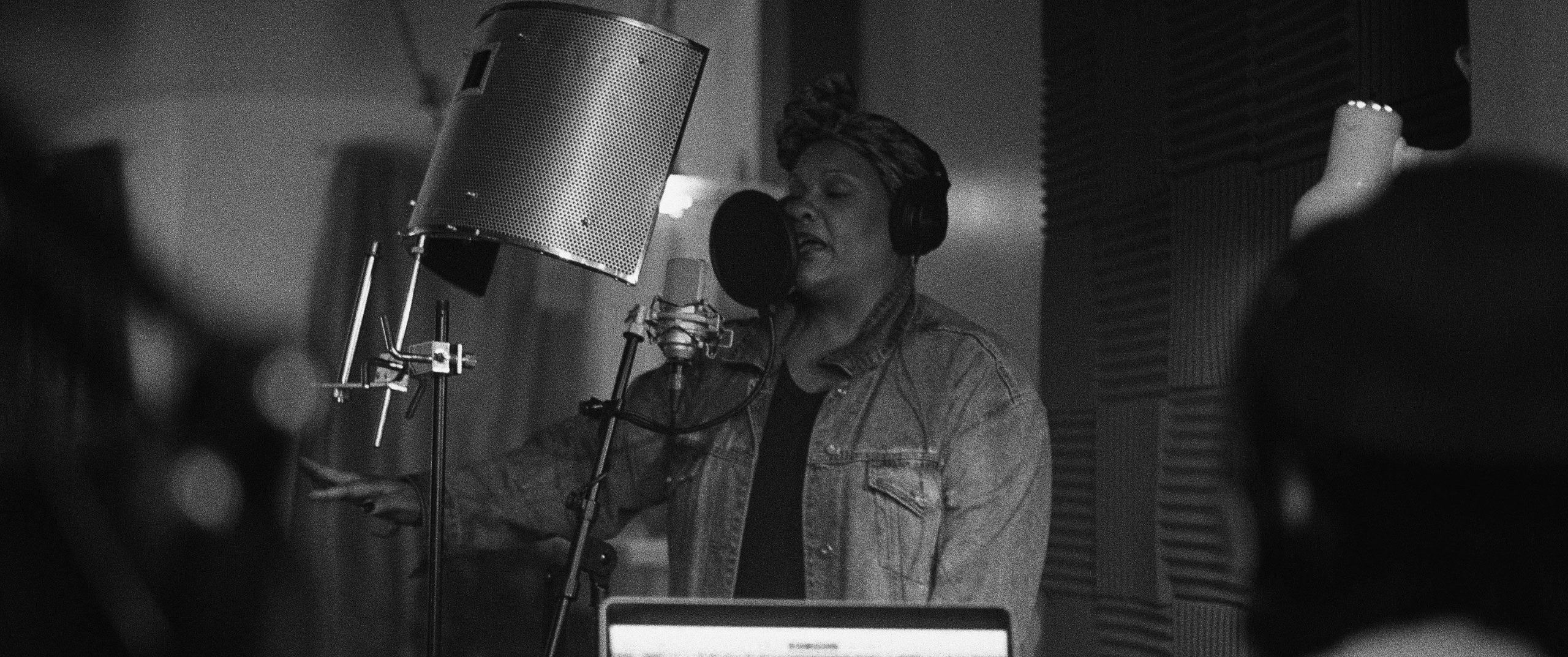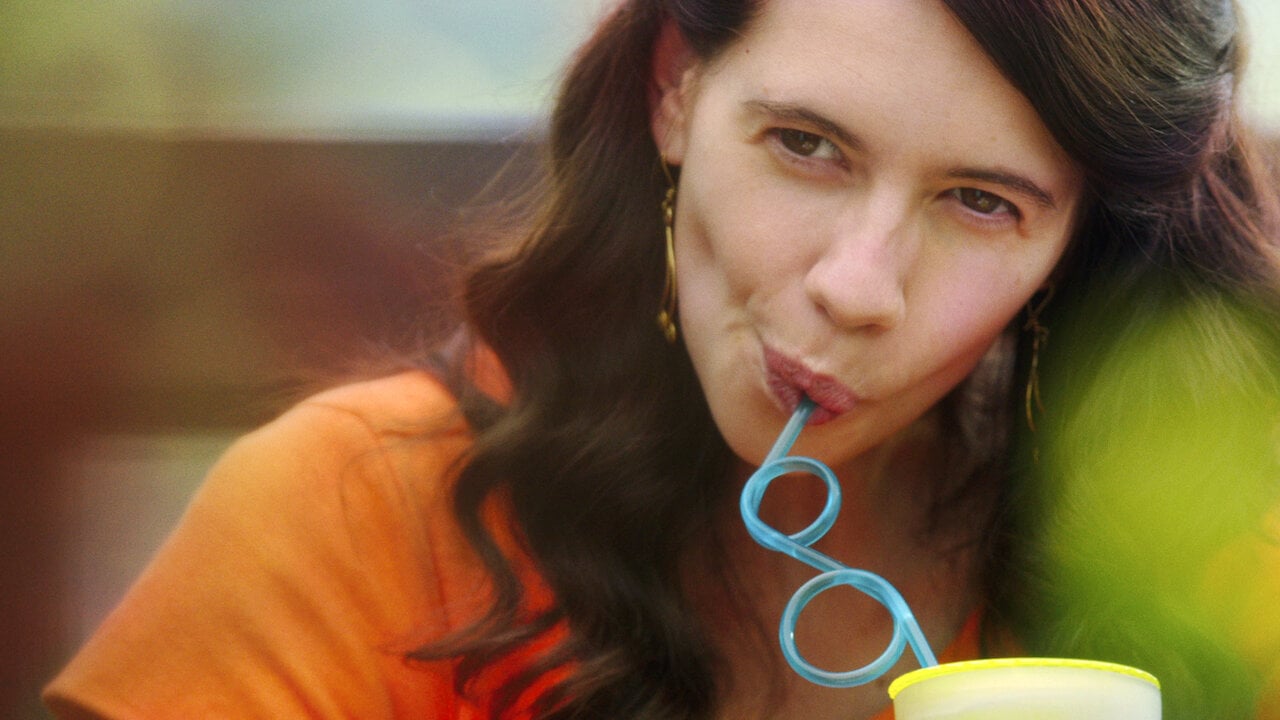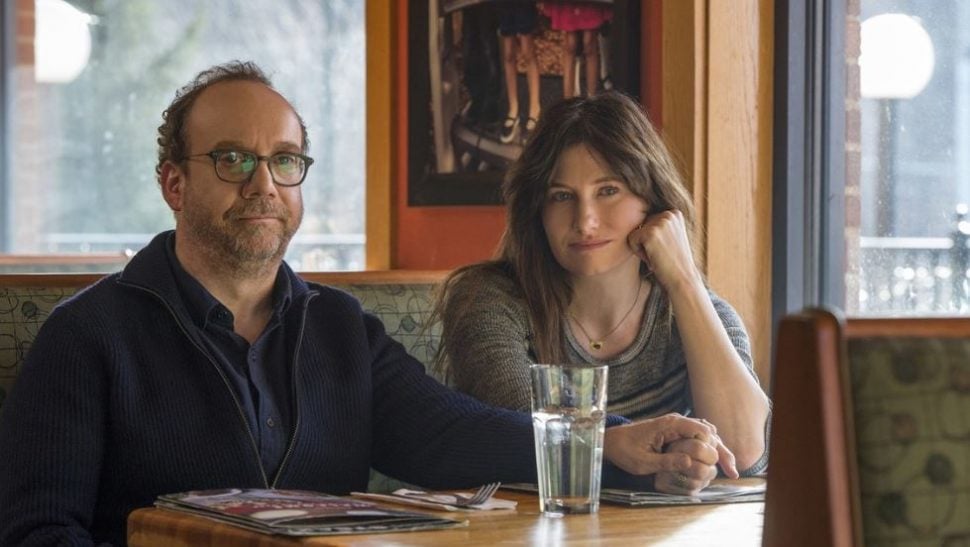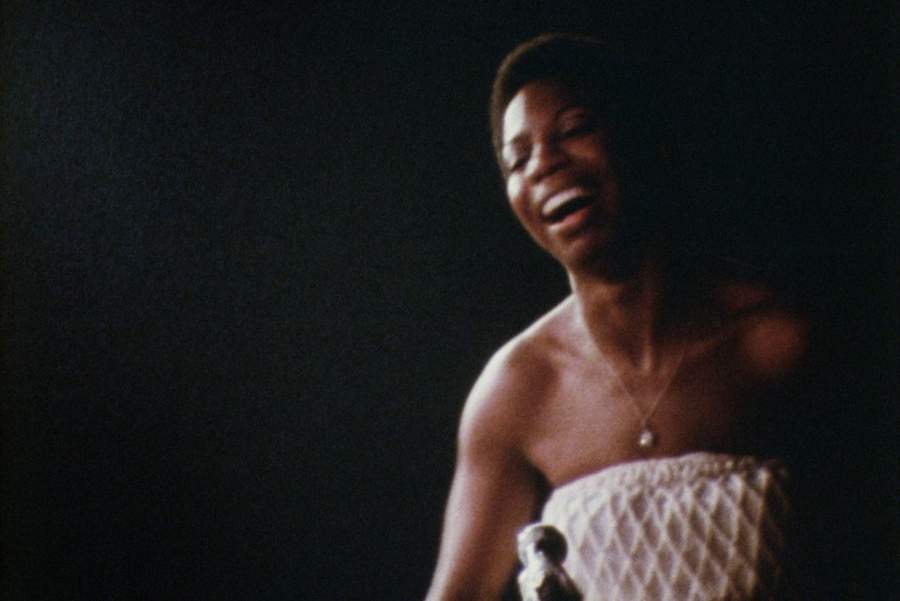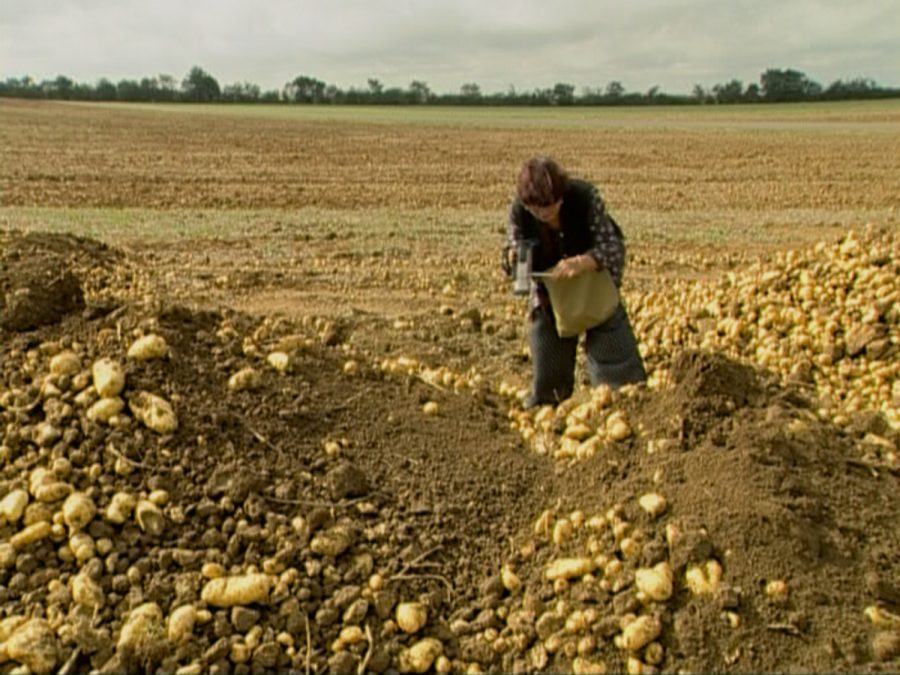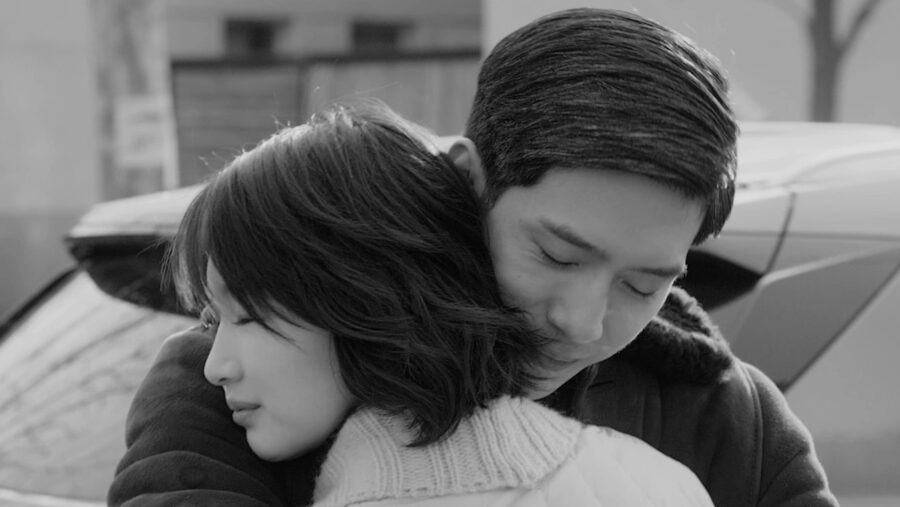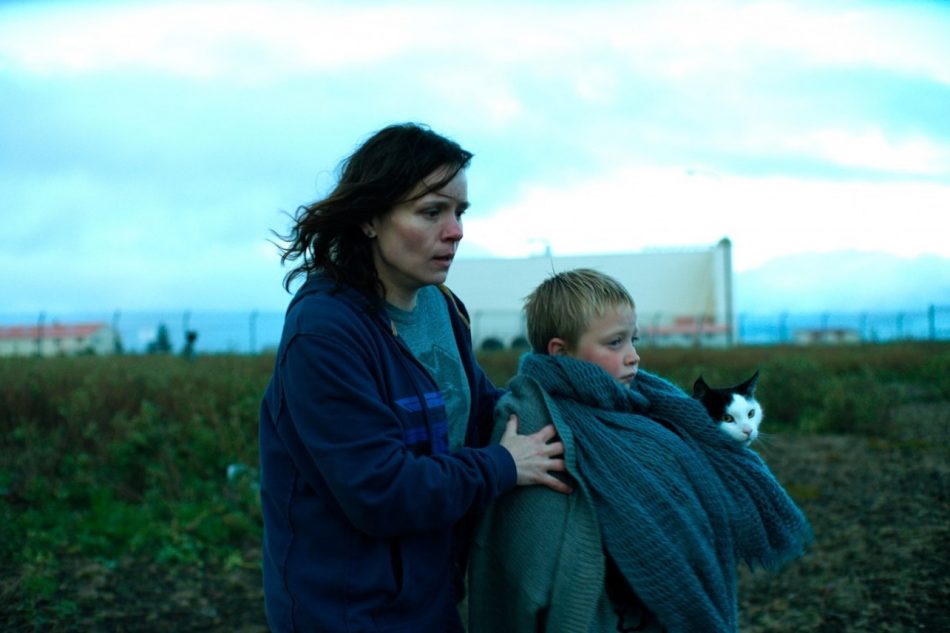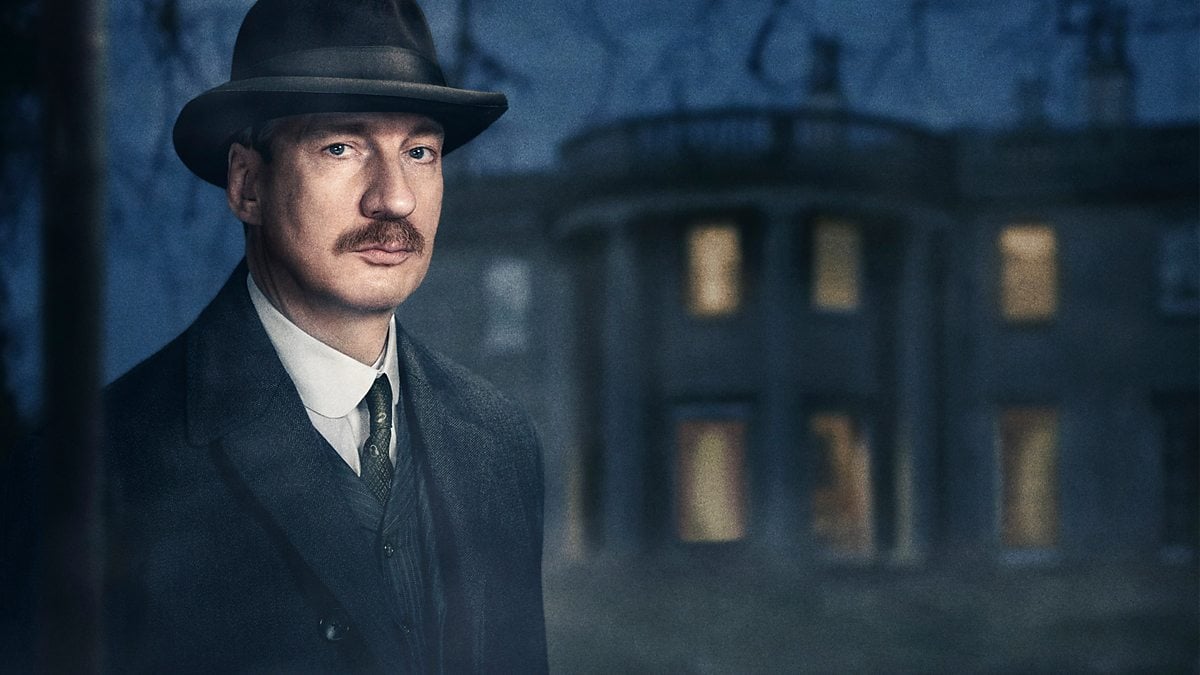Do you keep re-watching Superbad when you're hungover? Next time you are, try the film that has been praised as 'the female Superbad”: the amazing Booksmart. Yes, it's coming-of-age comedy, but, like Superbad, it tried something a little different. Like its two main characters, one could say it's a bit smarter than Greg Mottola's seminal bromedy. Molly (Beanie Feldstein, incidentally, Jonah Hill's younger sister) and Amy (Kaitlyn Dever) are best friends, class presidents, and academic overachievers. Nice girls, too. With excellent grades in their pockets, they head off to college only to find that the same in-crowd from high school that was doing nothing but partying, now goes to the same college as them. Why, oh why, did they choose academic success over partying, when, clearly, they could have had both? On their last day in high school, now here's a trope, they decide to make up for all the years of lost partying on one night. This sets off a raucous, raunchy, and wildly entertaining ride. And with a feminist twist!
Genre: Comedy
Actor: Adam Krist, Austin Crute, Beanie Feldstein, Ben Harris, Billie Lourd, Billie Lourde, Christopher Avila, David Horton, Deb Hiett, Diana Silvers, Eduardo Franco, Ellen Doyle, Jason Sudeikis, Jessica Williams, John Hartman, Kaitlyn Dever, Kyle Samples, Lisa Kudrow, Mason Gooding, Maya Rudolph, Michael Patrick O'Brien, Mike O'Brien, Molly Gordon, Nico Hiraga, Noah Galvin, Skyler Gisondo, Stephanie Styles, Victoria Ruesga, Will Forte
Director: Olivia Wilde
Rating: R


